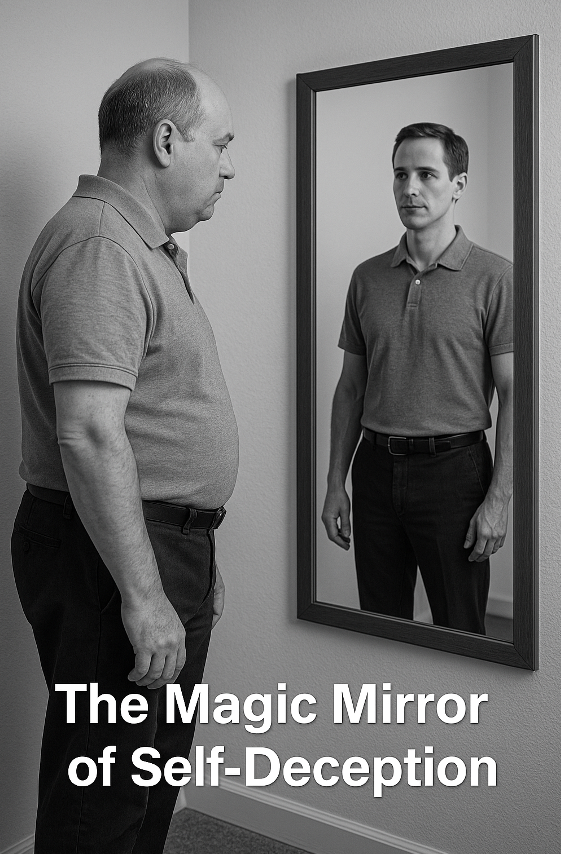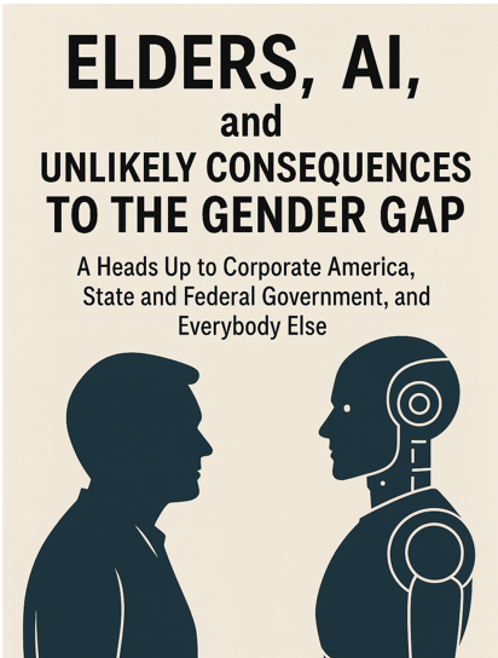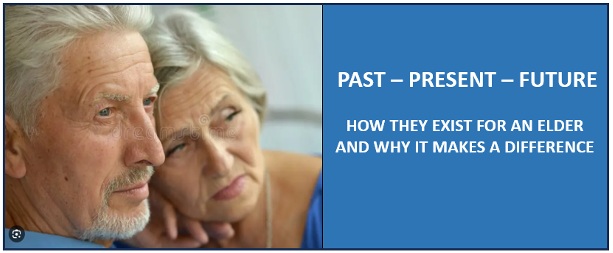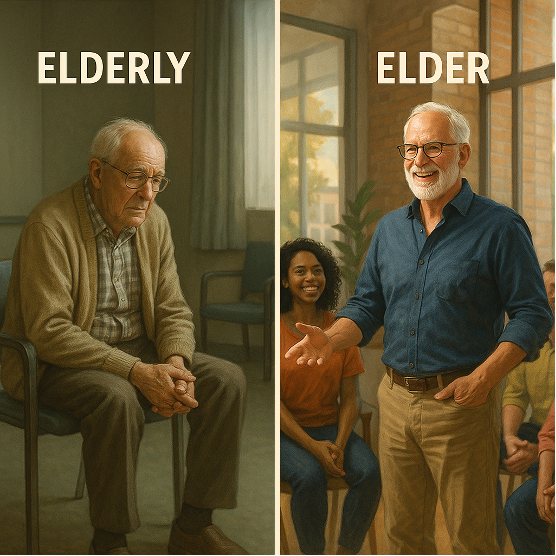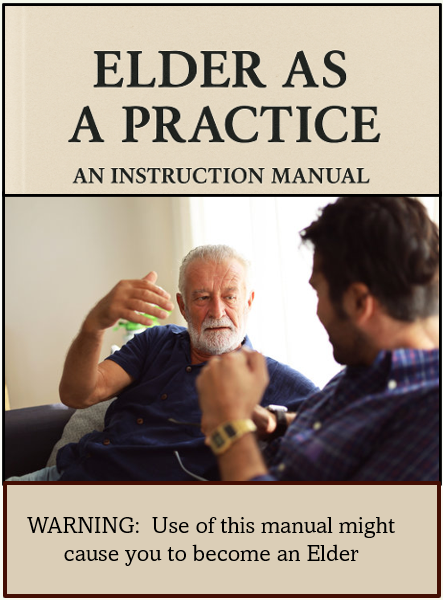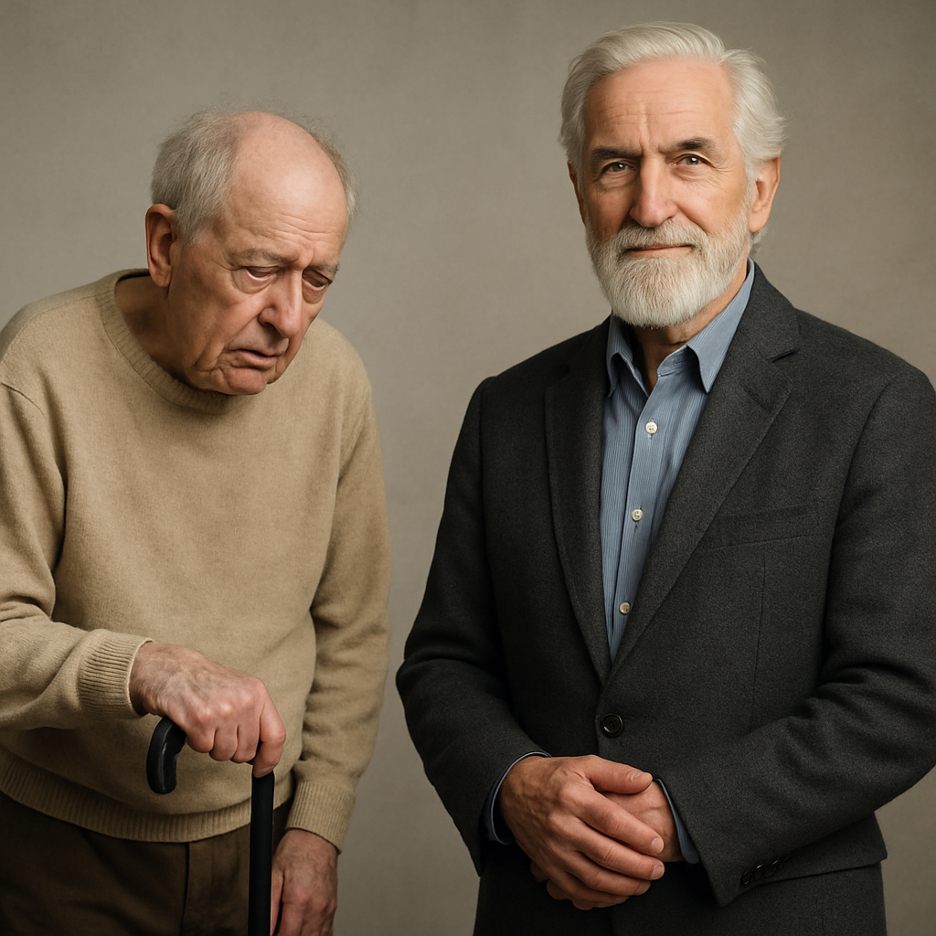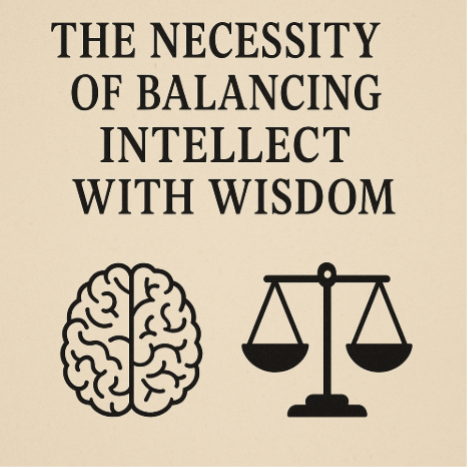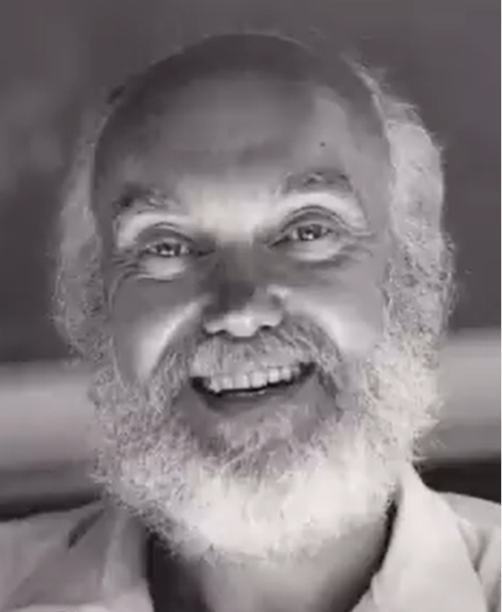What Distinguishes a Contemporary Elder
What Distinguishes a Contemporary Elder
Contemporary Elders are distinct. They are beacons of light in a world often shrouded in darkness. They embody and personify elders in today’s hyper-speed times while being faithful to their elder tradition. By amalgamating the centuries-old heritage of elders with the capacity to live in a scientific, materialistic, youth-obsessed, knowledge-is-king ecosystem, contemporary elders can reach deeper into their humanity and bring forth the qualities of authentic elders.
Contemporary elders have embarked on a transformative journey of self-discovery, expanded consciousness, frank self-awareness, enhanced emotional intelligence, and higher wisdom, which differs from conventional wisdom or knowledge.
Contemporary elders acknowledge they are in the final phase of their lives, but instead of denying it, they recontextualize and have a more realistic relationship with death. They cherish their lives because, at the most fundamental level, they are highly aware of the cosmic law of impermanence. They now live their lives holding hands with death.
As contemporary elders, they have taken up the intention of simultaneously healing themselves and the world around them. They heal themselves by eliminating self-deception, genuine self-understanding, and being able to rest in the moment. They belong to groups of fellow pilgrims who are on this contemporary elder path with them. They unhinge from their past, their previous identities, and who others have told them who they are.
Contemporary Elders seek freedom and higher wisdom, not career success or financial security. They either had it or not, but it doesn’t matter now. They don’t need to be who they used to be. Besides, at a late age, you are seen as obsolete.
But as genuine elders, they offer a glimmer of hope in a world that often seems chaotic and uncertain, full of division, hatred, and threat.
THE MISSION
A mission is a statement that defines the purpose and primary objectives of an organization, individual, or project. It outlines the goals, values, and direction, providing a clear sense of purpose and guiding decisions and actions. A well-crafted mission statement can help align efforts, inspire stakeholders, and communicate the core intentions and aspirations.
The core mission of a Contemporary Elder is twofold: heal themselves by becoming more of their original self, that human being who has a spiritual core, and with that core, transform the conversations where decisions are made to bring peace, equanimity, and possibility as central to conversations.
How will elders impact these conversations? Contemporary Elders will instill a far deeper level of responsibility in the people having these conversations.
It is obvious it is raining, storming, finger-pointing, loud and abrasive righteous screeching. Violence is present. Discord, unrest, and anxiety are pervasive. Blame, fault, and guilt-tripping fill the echo chambers. These are not just words, but destructive forces that annihilate responsibility.
Blame, fault, and guilt are not just the antithesis of responsibility; they are the barriers that prevent us from taking affirmative action. Whether real-time or virtual, whether local, regional, or global, words are nearly all about “them” or “it” and never about “I.” Contemporary elders must stand in responsibility, shift their own narrative, and own the world as it is.
They stop justifying, making it about “them” or “it,” because by default, they define the “I.” The faultless “I,” the blameless “I.” When we fault and blame “them” or “it,” they become the persecutors, and the “I” becomes the helpless victim. Contemporary Elders stop being victims of the world.
No problem can be solved, no trouble can be resolved, and no dilemma can be unraveled without being responsible. The “mission impossible” for contemporary elders is to activate responsibility in themselves and others in their relationships, groups, organizations, and communities. Which would alter how people speak, listen, and collaborate.
re·spon·si·bil·i·ty
· the state or fact of having a duty to deal with something or control someone or something.
· the state or fact of being accountable.
· the opportunity or ability to act independently and make decisions without authorization.
These definitions are straightforward. What responsibility means couldn’t be any clearer. The context of responsibility is well-defined: “the state or fact of having a duty to deal with something or of having control over someone or something.”
Contemporary Elders make these definitions of responsibility the foundation of their speaking, and by doing that, they fully implicate themselves as the sole, exclusive, liable agent in their perception of themselves and the world.
When you stand in responsibility, you are “it.” The finger points only to you—not to him, her, them, or it, but only to you. The definition of responsibility exquisitely lays out our political and social troubles; those in charge—who claim they are accountable—are not. You can’t be accountable without being responsible. When was the last time you heard a politician being responsible for anything?
Who you and I are when we are responsible is very different from who we are when blaming or faulting others. Our demeanor, tone, emotions, and actions alter when we accept responsibility for something. A contemporary elder speaks from here.
There are no elements of commitment in the words of complaining, faulting, or shaming. These words don’t incite a “call to action,” no mobilization of resources, no declared intentions. Words of complaining, faulting, and blaming don’t do anything except make you right and others wrong. Nothing happens. Nothing changes.
In our elder work, we support the interpretation that responsibility is normative. Making responsibility normative removes morality, righteousness, and all smokescreens from the equation. Making responsibility normative makes it purely an existential choice—a “me, myself, and I”—an “Ann Rand” choice. No one is making you do it. It’s simply a stand you take. Personal choice is the headwater of commitment. Commitment incites effective action. Commitment takes you out of the stands and puts you squarely on the field.
Contemporary elders understand how threatening it is to have people look from the point of view that they are responsible. But elders have learned some elder skills, how to:
· Get egos to the sidelines, including their own
· Dampen down politics and positioning
· Reduce righteousness or wrongness
· Produce greater rapport and empathy
· Have people be heard
· Open the portal for people to take responsibility
Responsibility is about holding oneself as the cause in the matter—as the source of the situation. It shifts the conversation from “them” or “it” to “I, me, my” and comes with a declarative stand that communicates ownership of the situation.
I AM AN ELDER
I am not that shadow in the night.
Not the one who rises in the morning light.
I am neither one color nor another.
Beyond the chromosomes of father and mother.
I am not the lyrics of another’s song,
but stanzas to my own belong.
The me not bound by chains of doubt or fear,
I untie acquired identities to persevere.
Not held to other voices, the self’s voice I can finally hear,
A small voice, a pure voice, a voice that is now crystal clear.
At that moment and beyond, I knew who I was.
Insight. Revelation. I am cause.
—Marc Cooper
To repeat, the contemporary elders' “mission impossible” is to bring more significant personal and collective responsibility into the world. To have a world that works, you need people responsible for making it work.
